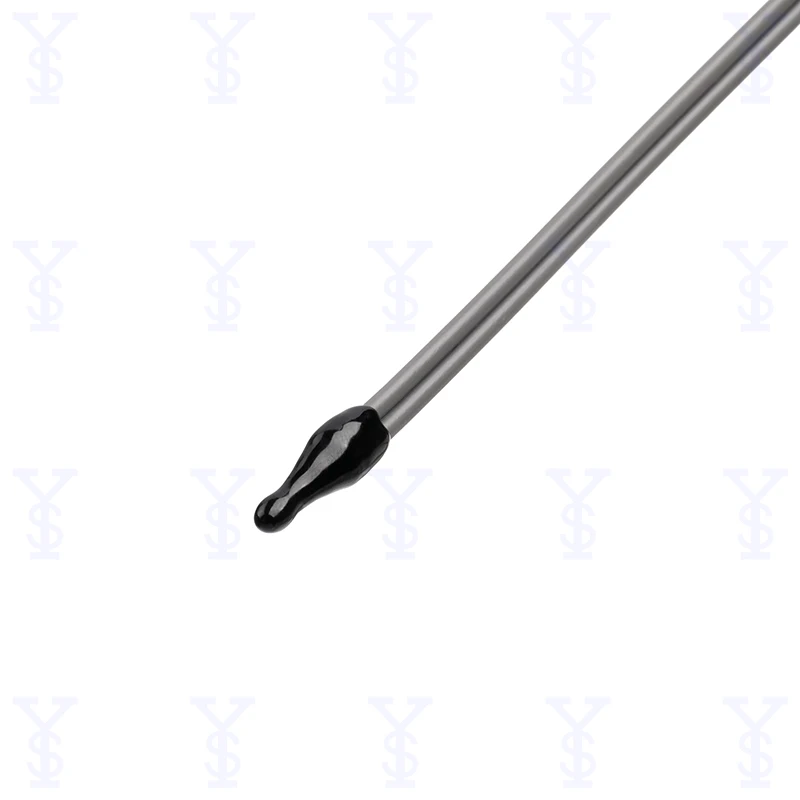Email format error
Email cannot be empty
Email already exists
6-20 characters(letters plus numbers only)
The password is inconsistent
Email format error
Email cannot be empty
Email does not exist
6-20 characters(letters plus numbers only)
The password is inconsistent


Choosing the Right Indoor Temperature and Humidity Meter for Your Needs
Maintaining a comfortable and healthy indoor environment is crucial for our overall well-being. One essential tool that can help us achieve this is an indoor temperature and humidity meter. However, with so many options available in the market, it can be overwhelming to choose the right one that suits our specific needs. In this blog, we will guide you through the process of selecting the perfect indoor temperature and humidity meter for your requirements.
Understand Your Requirements:
Before diving into the vast array of options, it’s important to assess your specific needs. Consider factors such as the size of your space, the level of accuracy required, and any additional features you may desire. This initial step will help you narrow down your choices and make a more informed decision.
Accuracy Matters:
When it comes to temperature and humidity measurements, accuracy is key. Look for meters that have a high level of accuracy, preferably with a small margin of error. This will ensure that you receive precise readings, allowing you to make necessary adjustments to maintain optimal indoor conditions.
Consider the Display and User Interface:
A clear and easy-to-read display is essential for effortless monitoring. Look for meters with large, backlit screens that provide clear readings even in low-light conditions. Additionally, consider the user interface – intuitive controls and a user-friendly design will make it easier to navigate through the meter’s functions.
Additional Features:
While the primary function of an indoor temperature and humidity meter is to measure these two parameters, some models offer additional features that can enhance your monitoring experience. These may include data logging capabilities, wireless connectivity, alerts for extreme conditions, and compatibility with smart home systems. Evaluate which features are important to you and choose a meter that offers them.
Portability and Placement:
Consider where and how you plan to use the meter. If you need to monitor multiple areas or frequently move the meter around, opt for a portable and lightweight model. On the other hand, if you require a permanent installation, choose a meter that can be easily mounted on a wall or placed on a tabletop.
Budget Considerations:
Set a budget range before starting your search. Indoor temperature and humidity meters come in a wide price range, so having a budget in mind will help you focus on options that fit within your financial constraints. Remember, while it’s important to find a meter that meets your needs, it’s equally important to find one that offers good value for your money.
Conclusion:
Choosing the right indoor temperature and humidity meter is crucial for maintaining a comfortable and healthy indoor environment. By understanding your requirements, prioritizing accuracy, considering the display and user interface, evaluating additional features, and factoring in portability and budget, you can make an informed decision. Investing in the right meter will not only help you monitor and adjust your indoor conditions effectively but also contribute to your overall well-being.

